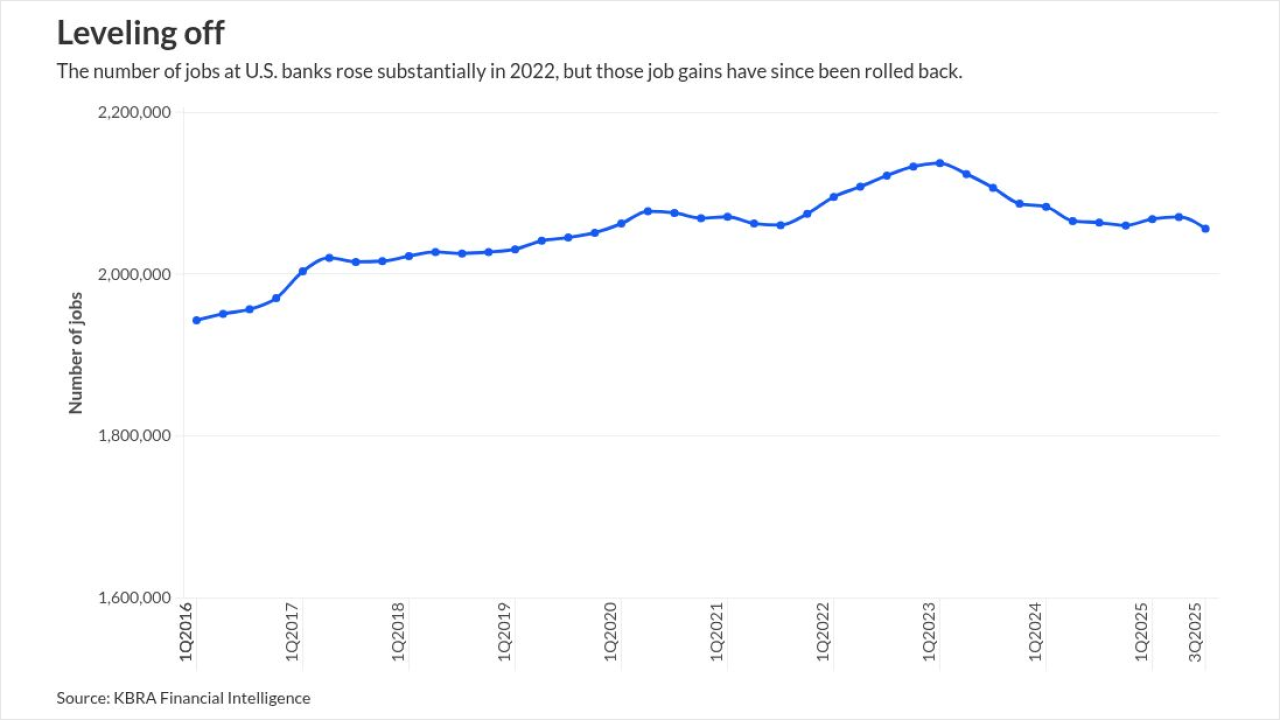In their first meeting since the Small Business Administration proposed opening its flagship 7(a) loan guarantee program to fintechs, Democrats and Republicans on the Senate Small Business Committee made it clear the agency must be prepared to effectively oversee any new lenders it lets in the door.
Sen. Ben Cardin, D-Md., the committee's chairman, said he "wholeheartedly" supported SBA's efforts to boost access to capital for minority, women and veteran entrepreneurs — its stated reasons for pursuing the rule changes involving fintechs — though he noted fintech lenders' involvement in the Paycheck Protection Program was tainted by fraud concerns.
"I understand that there are many concerns about these proposed changes," Cardin said at a hearing Wednesday on Capitol Hill. "While I fully support the objectives and goals in mind, I share some of these concerns. We need to ensure that we address these inequities and better serve small-business owners without undermining important guardrails. Guardrails are essential. They protect borrowers, the lenders and the integrity of the program."

Sen. Roger Marshall, R-Kan., said Congress should closely examine the proposed regulation "before the SBA implements these very significant changes."
"It's concerning that the current administration is changing significant lending policies without input from Congress," Marshall said. "It's also concerning that the SBA may not be able to provide adequate oversight and examinations of new lenders through the Office of Credit Risk Management."
Vice President Kamala Harris
SBA envisions two new classes of SBLCs, mission-based lenders that will focus on underserved markets or demographic groups, along with for-profit ones — including fintechs — that would operate much like the 14 existing SBLCs.
While SBA made it clear, as Cardin noted, that its intent is to widen access to capital for disadvantaged borrower groups, the proposed rule has become the subject of a growing controversy, especially since the release of a report by the House Select Subcommittee on the Coronavirus Crisis
Nick Schwellenbach, a senior investigator at the Washington-based Project on Government Oversight, repeated that point in testimony Wednesday. "It appears that the government did not do enough to ensure that all nontraditional lenders participating in the PPP had sufficient anti-fraud controls either in-house or through their service providers."
Trade groups representing banks, credit unions and the existing SBLCs have all declared their opposition to adding new lender groups to 7(a).
In testimony Wednesday, Annemarie Murphy, president of SBA lending at the $481 million-asset First Bank of the Lake in Osage Beach, Missouri, said lenders are already achieving notable success getting capital to minority borrowers under 7(a)'s current framework.
"One-third of all loans [during SBA's 2022 fiscal year] went to minority borrowers, a number that has been steadily on the rise," Murphy said, adding that the trend has continued into fiscal 2023, with loans to African American and Hispanic borrowers up sharply.
Murphy's testimony underscored comments made Tuesday by SBA Administrator Isabella Casillas Guzman, who said in a press release that her agency had "increased the number of financings to women-owned, minority-owned, and veteran-owned small businesses by 29%" during the 2022 fiscal year, which ended Sept. 30.
According to SBA statistics, about 32% of fiscal 2022 7(a) lending, a total of $8.3 billion, went to minority borrowers. So far in fiscal 2023, minorities' share of 7(a) lending has risen to 35%.
Murphy, who called on SBA to "press pause on these rules," said offering existing 7(a) lenders incentives to make even more loans to underserved borrowers would have a greater impact than opening the door to fintechs.
"Specifically, as a lender, what would help is codifying small-dollar loans," Murphy said. "Keep those no-fee for our borrowers. That is powerful, especially for underserved borrowers."
In its proposed regulation, SBA indicated it plans initially to limit the number of new for-profit SBLCs to three as it builds underwriting capacity. However, Cardin noted that the rule contains no limit on how many it might ultimately approve.
"Yes, these regulations are aimed at a limited number of new lenders, but the regulation as written does not restrict it to just a few new lenders," Cardin said. "This could become a model moving forward for competition, so we have to make sure it's done right."






